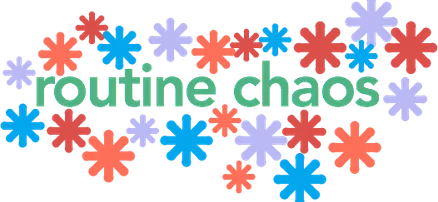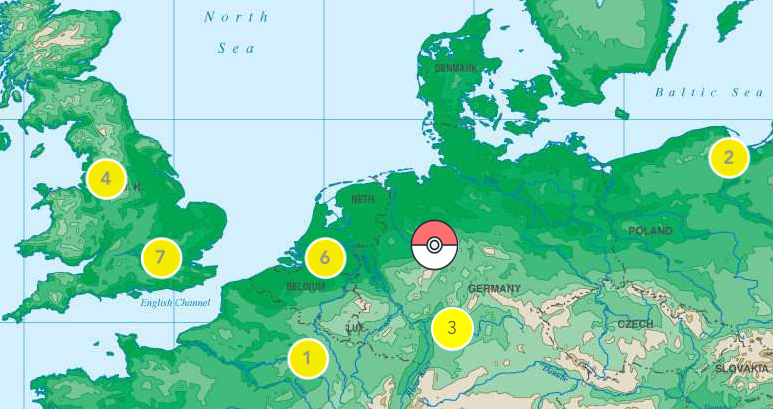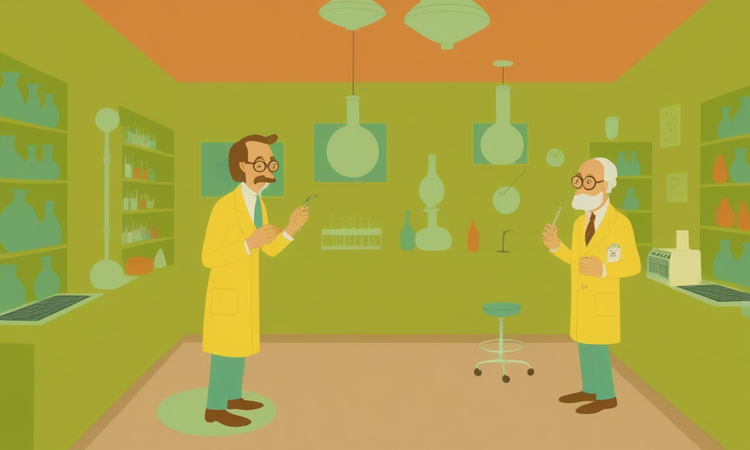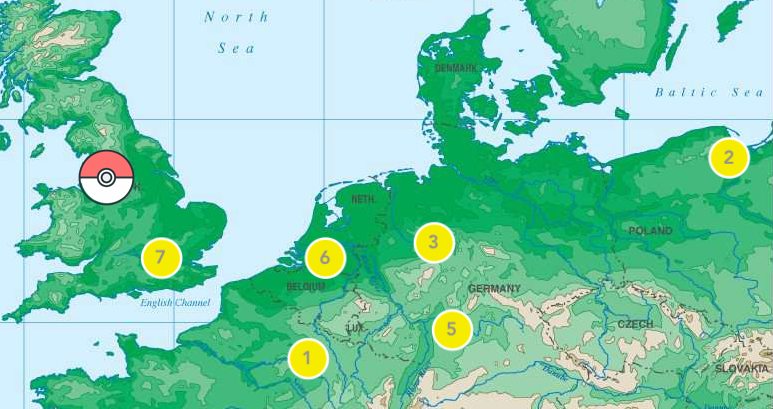So you want to make magic?
Imagine that you had two different teams, one of which was incredible at understanding its core users and their problems & needs, and the other that was incredible at running experiments of all stripes - quick & dirty, deep and complex, all of it.
No, this isn’t a comparison to ask which one you’d rather have. But consider what each would bring to the table as far as determining what to build:
- team 1 would have a clear sense of what problems should be prioritized, and they’d have a wide variety of possible solutions to consider because they have depth of insight.
- team 2 would have a systematic approach to testing what they build to make sure that it works the way that it’s supposed to.
But both of these teams need each other. Team 1 can easily get stuck on what seems like a good idea that just isn’t working. They might not understand well what about it isn’t working and why. Team 2 could cycle through a hundred ideas that they’re testing because all of them are rubbish in the first place.
But when team 1 and team 2 are actually the same team and can do both? That’s magic. They have the insights that allow them to understand their users, come up with novel ideas, and focus in on the ideas that are the most promising - and then they have the experimental rigor to be able to build the idea for intentional testing and refinement (or to be chucked in the bin entirely - having good insights and sharp experimentation doesn’t mean that you stop failing; it just means you recognize that you’ve failed sooner and move on to something different).

There are 2 ingredients to add into the mix that are like jet fuel: to user empathy, add a sense of possibility - that for as well as you know your user, there’s always more than meets the eye and multiple different ways to solve a problem; add to experimentation the humility to believe that you might be wrong.
Teams that can get these 4 elements right really do seem like they’re working magic - they’re generating more great ideas than they know what to do with (and discarding the vast majority of them because as great as they are, they’re still not the right idea). But what they’re left with through that process is the creme de la creme, the fruit of a rich process of both discovery and testing.
The first time I was on a team like that was initially a bit jarring and frustrating. I had come from a deep user empathy team that was pretty weak on experimentation; I was used to coming out of meetings where we had discussed a few pretty focused ideas, and we were moving forward with all of them. That meant all of my ideas were moving forward to prototyping, which was fun. When I landed on a 4 element team, our meetings left my head spinning because we had done so much discovery work that we were unearthing problems left and right, and we were riffing on tons of potential solutions. I was getting some good ideas in there, but only maybe 1 out of 5 would go anywhere. We were leaving a lot on the cutting room floor…maybe even some good ideas that deserved more consideration1. We were also testing these new things out with incredible velocity - in fact, at least half of our ideas were spurred by someone sharing the outcomes of an experiment they had run that wasn’t working quite right yet, so we’d all try and think of how to rework the product. This happened every week, and we could all see the cumulative impact of it in the quality of our product and the impact it had on our users.
Like nearly everything that makes it into a weekly theme, it ain’t easy to do this. It requires a team that is skilled, disciplined, and emotionally intelligent - a single individual can move the dial a bit, but the team has to be behind it in order for it all to really hum.
But that’s actually good news - within your team, I guarantee that everyone has at least 1 of the 4 elements (including you), and I guarantee that everyone could grow in at least 1 of the 4 elements. Hell, I could stand to grow in all of them.
How about you, though, what do you bring to the table for your team and where do you want to grow?
I put all of my ideas in this category. ↩





